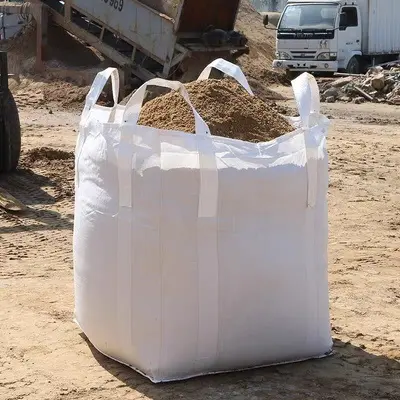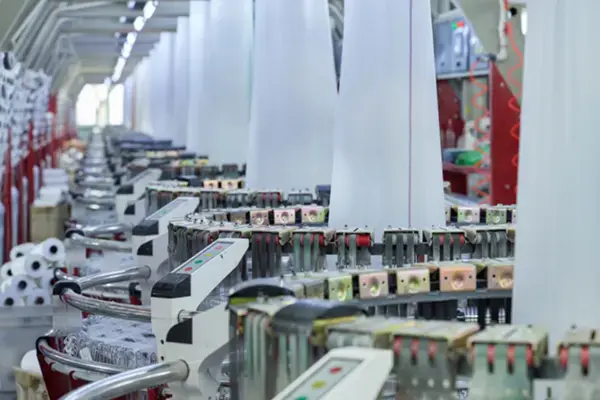Industrial Bulk Bags: Applications Across Industries
The versatility of industrial bulk bags extends across a broad spectrum of industries:
Construction Industry: FIBCs are widely used for handling sand, cement, gravel, and other construction materials.
Agricultural Industry: FIBCs efficiently transport and store grains, fertilizers, seeds, and other agricultural products.
Chemical Industry: FIBCs safely handle chemicals, plastics, resins, and other hazardous materials.
Food Industry: FIBCs ensure the hygienic storage and transportation of flour, sugar, spices, and other food ingredients.
Pharmaceutical Industry: FIBCs maintain the integrity of pharmaceuticals, bulk drugs, and medical supplies.
Choosing the Right Industrial Bulk Bag for Your Needs
With the vast array of FIBC options available, selecting the right one for your specific application is crucial:
Material Selection: Consider the material compatibility with your product. Common materials include polypropylene, polyethylene, and coated fabrics.
Size and Capacity: Choose the appropriate size and capacity based on the volume and weight of your product.
Safety Features: Ensure the FIBC meets relevant safety certifications and incorporates features like liners, discharge spouts, and lifting loops.
Filling and Handling Equipment: Consider the compatibility of the FIBC with your filling and handling equipment.
Storage and Disposal Practices: Follow proper storage and disposal guidelines to maintain the integrity of the FIBC and minimize environmental impact.
Industrial bulk bags have revolutionized bulk material handling, offering a plethora of benefits that enhance efficiency, safety, and cost-effectiveness across diverse industries. By carefully selecting the right FIBC for your specific needs, you can optimize your material handling operations and reap the rewards of this innovative packaging solution.








